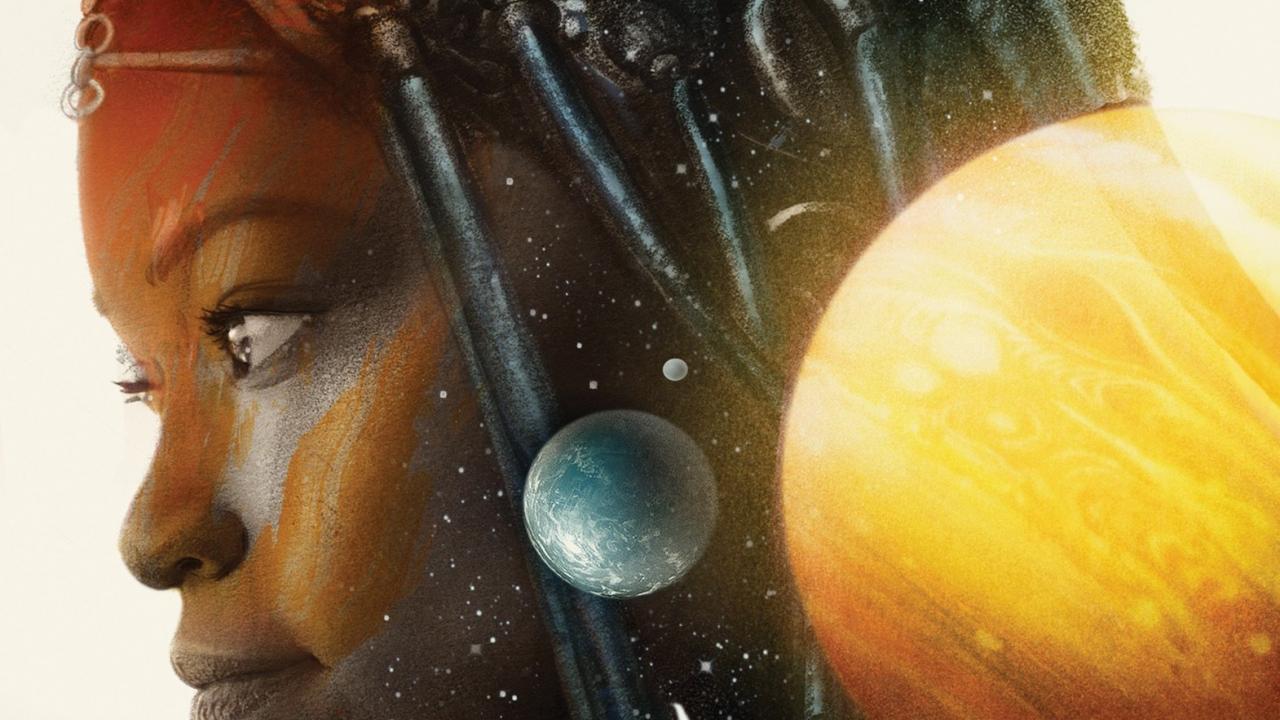
What Sets African Sci-Fi Apart

The only place most people have seen science fiction and Africa come together is in the 2009 movie “District 9,” set in Johannesburg, South Africa. But in recent years, the continent has developed a rich culture of science fiction, fantasy, and other speculative fiction with several internationally prominent writers, online journals, blogs, and even creation of the African Speculative Fiction Society.
Moradewun Adejunmobi, a UC Davis professor in the College of Letters and Science’s Department of African and African American Studies, has done research and presented on African speculative fiction.
“There’s been a surge in interest from many quarters recently and it is one of the growing strands of African writing,” said Adejunmobi, a native of Nigeria who has been at UC Davis since 1997.
Last year she edited a special issue of the Cambridge Journal of Postcolonial Literary Inquiry on African speculative fiction that grew out of her participation on a panel about African sci-fi and horror at the Modern Language Association of America convention.
Africa is a continent of 54 countries and 2,000 languages, but the science fiction and fantasy by writers from or with close ties to Africa has certain characteristics that set them apart, Adejunmobi said.
There is the obvious aspect of the setting — an alien invasion of Lagos or Accra rather than the more typical Los Angeles or New York. And in Africa there is widespread use of cellphones after decades of little or no phone service, and this difference in the people’s relationship to technology comes through in the stories.
But there are also much bigger issues at play, she said.
Science fiction and traditional folk tales of spirits and ghosts often merge in the stories. Animism — the belief that all objects contain a life force — throughout Africa also shapes speculative fiction there.
“In our folktales, animals talked and the gods walked among men,” she said. “What is called fantasy today was as real as night and day.”
Spirits and spaceships come together in what has also been dubbed “technojuju” where the supernatural abilities associated with indigenous spirituality interface with technoscience.
One of the dominant influences on African science fiction is the continent’s colonial past that ended only in the 1970s. The idea of “aliens” invading and colonizing their land isn’t a stretch for many Africans.
“Recounting alien encounters set in a postcolonial context from the vantage point of a postcolonial subject produces particular challenges,” Adejunmobi said. “The crosscurrents flowing between representations of alien encounters and the politics of colonialism remain an enduring subject of interest.”
(The story was written in conjunction with Adejunmobi's May 2018 talk at the International House in Davis.)
— Jeffrey Day, content strategist in the College of Letters and Science
